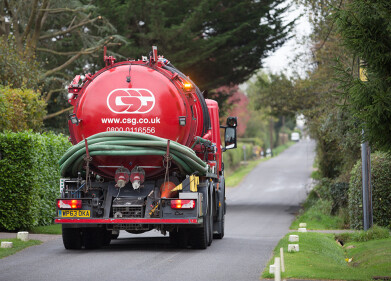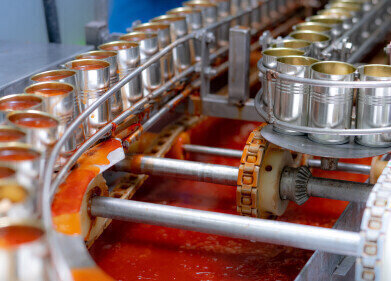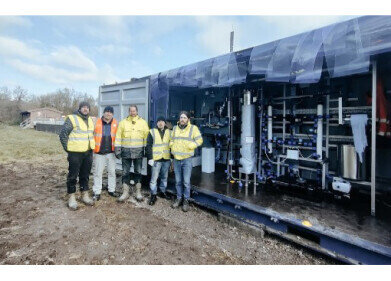Wastewater treatment
Future wastewater treatment plants could soon be self-sustaining and profitable
Aug 21 2012
Future wastewater treatment plants may not only power themselves, but could also be profitable, after a major breakthrough in the performance of microbial fuel cells that can produce electricity directly from wastewater.
Engineers at Oregon State University (OSU) in the US made the discovery, which opens the door to a future of waste treatment plants that don’t just power themselves, but also sell excess electricity. Previous attempts at such treatment processes have been successful, but this new technology could produce 10 to 50 more times the electricity, per volume, than most other approaches using microbial fuel cells, and 100 times more electricity than some.
The researchers believe their new technology advance could replace the 'activated sludge' process that has been in use in most modern countries for over a century. Using the new technology, wastewater is effectively cleaned while significant amounts of energy are also generated.
Hong Liu, an associate professor in the OSU Department of Biological and Ecological Engineering said: "If this technology works on a commercial scale the way we believe it will, the treatment of wastewater could be a huge energy producer, not a huge energy cost.
"This could have an impact around the world, save a great deal of money, provide better water treatment and promote energy sustainability."
According to expert estimates, around three per cent of the electrical energy consumed in the US and other developed countries is used to treat wastewater. Most of this energy is created by fossil fuels, which are contributing to global warming.
However, the biodegradable characteristics of wastewater have serious potential which could provide many times more energy than is being used to process them, with no greenhouse emissions. OSU researchers have been working on the technology for several years, but with a new concept- reduced anode-cathode spacing, evolved microbes and new separator materials – they seem to have finally found an adequate and efficient solution.
The findings have just been published in Energy and Environmental Science, a professional journal, in work funded by the National Science Foundation.
Posted by Joseph Hutton
Events
Feb 16 2025 Kampala, Uganda
Feb 26 2025 Chennai, India
Feb 26 2025 Tulsa, OK, USA
WATERTECH CHINA (GUANGDONG) 2025
Mar 05 2025 Guangdong, China
Mar 11 2025 Amsterdam, Netherlands














